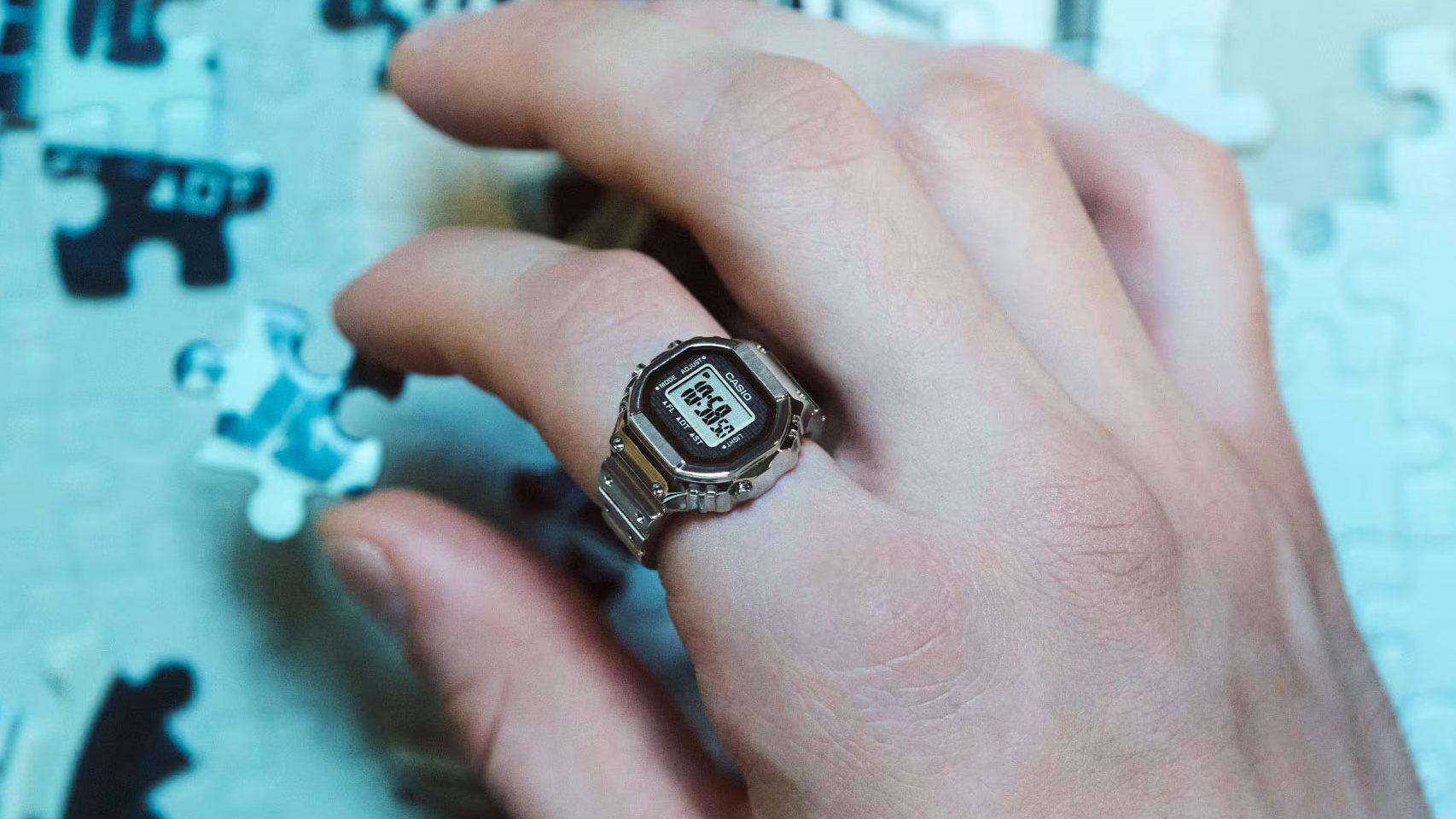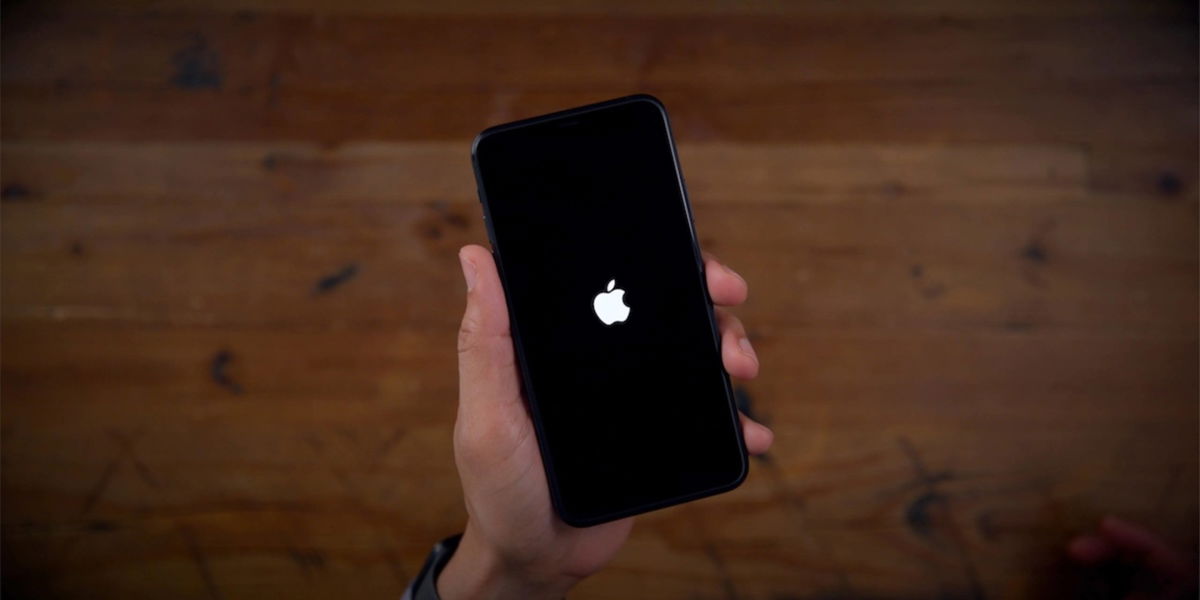It’s no secret that Steve Jobs didn’t like Android very much. Yes, it was the great rival system to his iOS, but no, that’s not what drove Jobs’ hatred of Android. The reason is that Apple co-founder felt Google betrayed him.
In the biography of Jobs written by Walter Isaacson and published in 2011, we can learn a little more about the genius behind the apple and, as he himself commented, he had no corpse in the closet that couldn’t see the light. And that’s how we learned the details of the when Steve Jobs promised to destroy Android. Spoiler: he came out regular, but he left us some sentences for the story.
Google and Apple have agreed on what matters
Before looking to the past, I think it’s interesting to take a look at the present. On the one hand, each time a new version of Android comes out, we see things that the iPhone already had or that the Google system still lacks, and vice versa: with each new iOS, we have a series of new features we were already enjoying on Android. To give two specific examples: the permanent screen of the iPhone or the widgets.
Both feed on the news and the beneficiaries are the users. This was also noticed when needed. For example, in the face of the COVID emergency, Apple and Google released a jointly developed API which allowed the user to indicate if they had been close to someone with COVID.
It was interesting to see the statement on Google’s blog with Apple’s signature, but that’s not the only time we’ve seen something like this. During Google I/O a few weeks ago, Google has announced that users will be able to know if they have been placed an AirTag to violate their privacy.
Until now on Android we had to use a third-party application if we wanted to know if we had an AirTag nearby, but with this collaboration it will no longer be necessary. These are two perfect examples of two rival companies joining hands for important things. Another example: Microsoft, Apple and Google they are working on access keys to remove passwords.
And it is that in the end these decisions interest us all because the share of Android, according to data from Statcounter, is 68.61%, with a share of 30.61% of iOS. The iPhone is still the best-selling mobile, but Android is on top form. Jobs wouldn’t have liked it in the least.
“It’s a fucking copy of the iPhone, you completely ripped us off”
Now yeah let’s go back in time. In January 2007, Jobs introduced the iPhone. It was not the first of its kind, but it was a revolution. The display units weren’t functional and the system would crash if Jobs went out of script, the first iPhone had very few apps and, in fact, no App Store at all (the App Store was born a year later), but it was a phone that changed everything.
Jobs saw the iPhone as innovative in concept, but also in functional elements. like swipe-based screen navigation, icon layout, the multi-touch screen itself, and actions you get used to quickly, like the pinch gesture to zoom out or zoom in on a photo .
The world was blown away and in October 2008 the HTC Dream was released with a version of Android for mobile phones (remember, it was software for digital cameras) and an application store: the Android Market . Jobs didn’t like it, but it wasn’t like the iPhone: it had buttons and even a QWERTY keyboard, so it wasn’t as “dangerous.” The one who posed a risk and infuriated Jobs was
With this model, things have changed. SLaunched in 2009, it was quite a noticeable change from the HTC Dream.. It dispensed with most buttons and was a great gateway to Android. In fact, I think many of us have very fond memories of this model. Many except Jobs, who sued Google and HTC in 2010 for resemblance to the iPhone.
In the text of the trial, collected in the biography written by Isaacson, we have one of the most curious paragraphs of recent years:
“Google, it’s a fucking copy of the iPhone, you completely ripped us off. It’s blatant theft in the first degree. I’ll take my last breath if necessary, and I’ll spend every penny of the 40 billion dollars that ‘Apple has in the bank to rectify this situation.’
“I’m going to destroy Android because it’s a stolen product. I’m ready to start a thermonuclear war over it. They’re scared to death because they know they’re guilty. Apart from their search engine, Google products (Android, Google Docs) are crap.”
What did Jobs mean by “it’s a stolen product”? Easy: Eric Schmidt was the CEO of Google at the time, but before, and during the design of the iPhone and the iPad, he would have played the same role within Apple. That is to say, he knew the iPhone system very well and, when Android was “born”, he was at Google.

The fight against Samsung is a story for another time.
On demand, Schmidt wanted to smooth things over and made an appointment with Jobs in a cafeteria for commercial purposes. Steve was not up to it and, in fact, he gave us a few other phrases that we don’t usually hear from someone in his position:
“I’m not interested in reaching an amicable settlement, we caught you in the act. If you offered me $5 billion, I’d take it from us. I already have a lot of money. What I want is for you to stop using our ideas on Android, that’s all I want.”
This Steve Jobs obsession with Android lasted a few yearsbecause after the presentation of the iPad, when the team met to talk about the success of the device, Steve was still thinking about the betrayal of Google.
“We haven’t entered the search engine business. They are the ones who entered the world of telephones. Don’t get me wrong: they want to destroy the iPhone and we’re not going to let them.
It was a case reminiscent of the battle between Bill Gates’ Microsoft and Steve Jobs’ Apple, when once again we saw a battle between open software and more controlled software. But OK, really in the early years of the iPhone, Steve – and Apple – had something for everyone. In fact, the lawsuit against HTC may not have sounded familiar to you, but you surely remember the whole mess between Apple and Samsung because the Galaxy S allegedly plagiarized elements of the Apple mobile.
In the end, it’s nice to know this type of ins and outs, but what’s really important is what we mentioned a few lines ago: Apple and Google have reached an agreement if necessary. And between that and that they “copy” each other, the winner is the user.
In Xataka Android | Android 14 hides battery data that was secret until now. And I can’t live without them anymore












